|
Skateboarding experienced a cinematic moment in 2018, as three movies that heavily featured the sport and the ‘wayward’ teens who engage in it were released within months of each other. The nonfiction one, Minding the Gap, was universally recognized as the best of the three, the other two being Mid90’s and Skate Kitchen. Bing Liu’s debut documentary, sprung from his compulsion to shoot skate videos of himself and his friends from his teenage years, starts as a carefree exploration of several young men as they tear around Rockford, IL, but as Liu identifies the unspoken similarities in his and fellow principals Keire’s and Zack’s lives, the film escapes the gravity of their degraded post-industrial town and turns into something profound.
0 Comments
The second half of the cinematic 2010’s has been marked by backlash against more diverse storytelling, especially when women star in franchise reboots. Ghostbusters, Star Wars, and the Ocean’s movies all experienced resentment against a shift away from white male protagonists. On the one hand, the trifling man-babies who complain about something so insignificant should be ignored at all costs. On the other hand, they can be wholly marginalized by telling new stories, a practice that allows studios to find unique voices from underrepresented backgrounds and create new properties that future generations of braindead executives can strip-mine for content. Disney now contains such vast holdings that they can recycle comic book content indefinitely and shunt riskier (i.e. not based on preexisting properties) projects into other storied divisions like Disney Animation, home of the exceptional Moana. Looking for innovation from a studio that’s been adapting fairy tales for almost a century would seem a fool’s errand, but Disney’s reach means it can attract great minds like the film’s composer Lin-Manuel Miranda and funnel his work through veteran directors like Disney mainstays Ron Clements and John Musker. Moana’s considerable pedigree, its novelty as a tale set amongst Polynesian villagers, and its absence of princess-related baggage makes it into one of the best animated features in Disney’s long history.
As far as physical human accomplishments go, the climbing of El Capitan, Yosemite Park’s 3000-foot monolith, without the aid of ropes or hooks or anything beyond calloused fingers is considerable. The act signifies a kind of schoolyard one-upmanship when the peak of Everest is clogged with tourists who risk death, not so much from climbing the mountain but from freezing in long lines as they wait to take their picture at the top. Climber Alex Honnold literally takes his life into his own hands as he thumbs his nose at these poseur-adventurers, and, in an incredible feat of filmmaking, directors Elizabeth Chai Vasarhelyi and Jimmy Chin are right there with him as claws his way to the top. Free Solo chronicles the how of this outlandish feat in spectacular, vertigo-inducing fashion, but it also captures the why. The camera is not only in Honnold’s face during his climb, but it also interrogates the specific kind of person who would do something like this, refusing to be satisfied with stock ‘because it’s there’ shorthand.
The X-Men has always been my favorite set of superheroes. This group of mutants endured a tremendous amount of peaks and valleys throughout its inception. X-Men's greatest adaption - outside of the comics - was the 1990's cartoon television series. It was simply incredible. What made it great was severalfold but one of its high points was the Phoenix Saga. That story is so important to the show that it takes up most of season three and it worked because it was a continual series. Trying to repeat what happened in a television series in a two to three hour film is not only dangerous to the brand but also confusing to the audience.
Barry Jenkins’ anticipated follow-up to Best Picture winner Moonlight keeps the lovingly-appointed close-ups and an immaculate Nicholas Britell score, and adds a period and familial dynamic that both broadens the scope of the film and places an insurmountable antagonist against its characters. Adapted from a James Baldwin novel, If Beale Street Could Talk is plainly from the same director as Moonlight, one of the best films from the last decade and one whose longevity will likely persist in critics’ lists in perpetuity. Where Moonlight focused intensely on its protagonist at different phases of his life, If Beale Street Could Talk splits its focus amongst several characters who, though, they share a common goal, occupy different tactics and spaces and therefore divide the film’s precision into smaller parts. Beale Street carries Jenkins’ unique signature and is a worthy entry into his filmography, but Moonlight looms so large and, formidable as it may be, Beale Street takes on too much to match or exceed its fabled predecessor.
With its title, The Childhood of a Leader places the viewer in a specific frame of reference as they watch a young boy rebel against his parents in the immediate aftermath of WWI. The boy, Prescott (Tom Sweet), is the only child of any import in the film, so he’ll one day turn into the leader of the title, and the Versailles Treaty setting strongly implies that he’s a burgeoning fascist who will one day reign death and destruction upon the earth. Writer/director Brady Corbet effectively starts with the ending and makes his audience watch for every potential brain wrinkling that will turn Prescott into a psychopath, if he isn’t already one when the film begins.
Jennifer Fox goes deep into her past and her psyche for the autobiographical The Tale, a harrowing and disconcerting story of memory and abuse. This is as personal as it gets, as Fox holds nothing back in the depiction of what happened to her, and how she interpreted it at the time and for much of her life after. It nears the unrecommendable category of difficult movies, but it’s also an important examination and rebuttal of so many dismissive arguments regarding the experience of sexual abuse, delving into the psychological labyrinths and counter-intuitive actions a victim can construct and take to live with their experience. Fox’s background is in documentary filmmaking, and The Tale represents a merging of her journalistic know-how and a compelling grasp of intimate storytelling.
|
Side PiecesRandom projects from the MMC Universe. Categories
All
Archives
April 2023
|
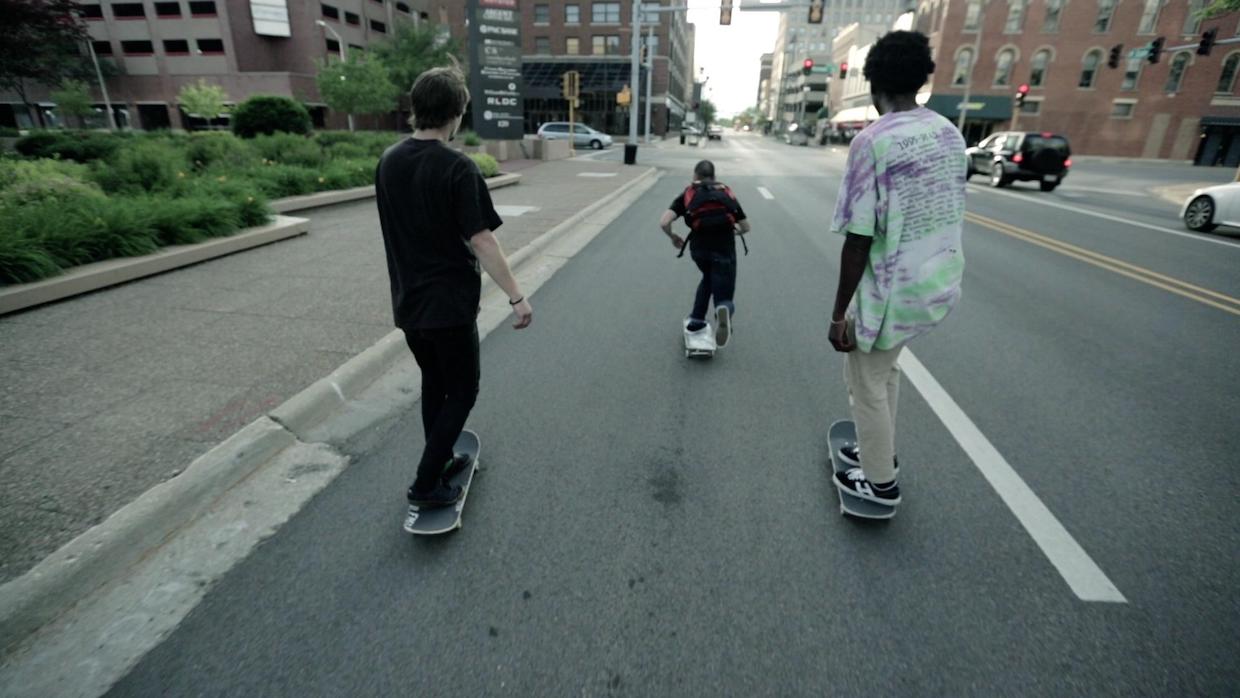
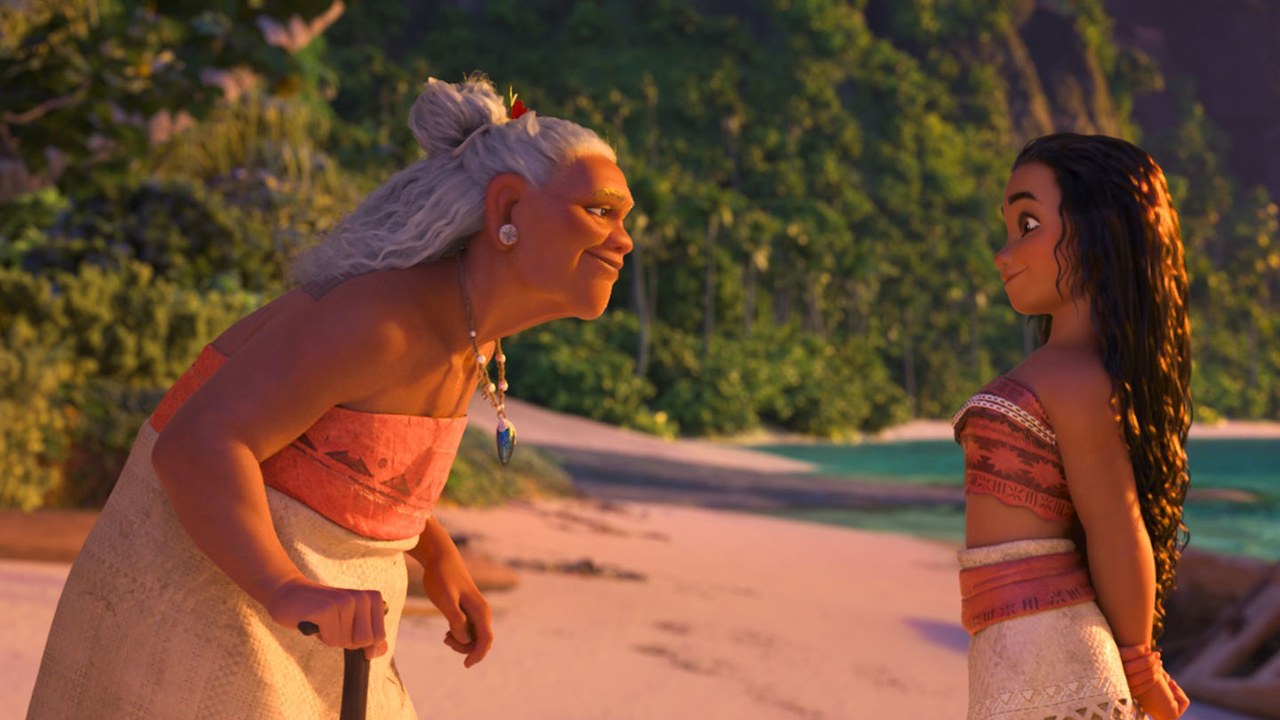
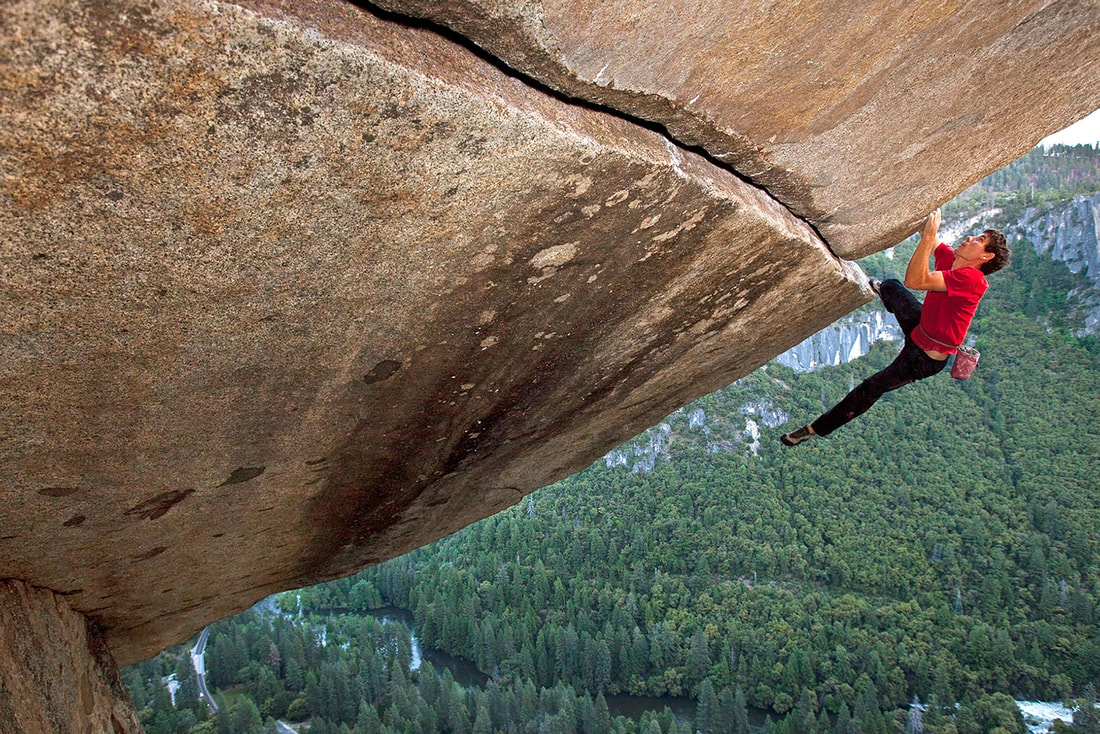
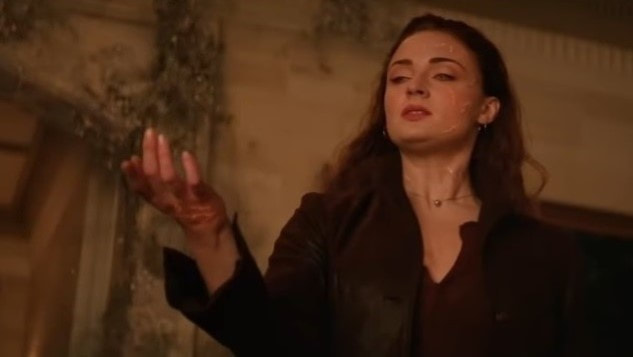
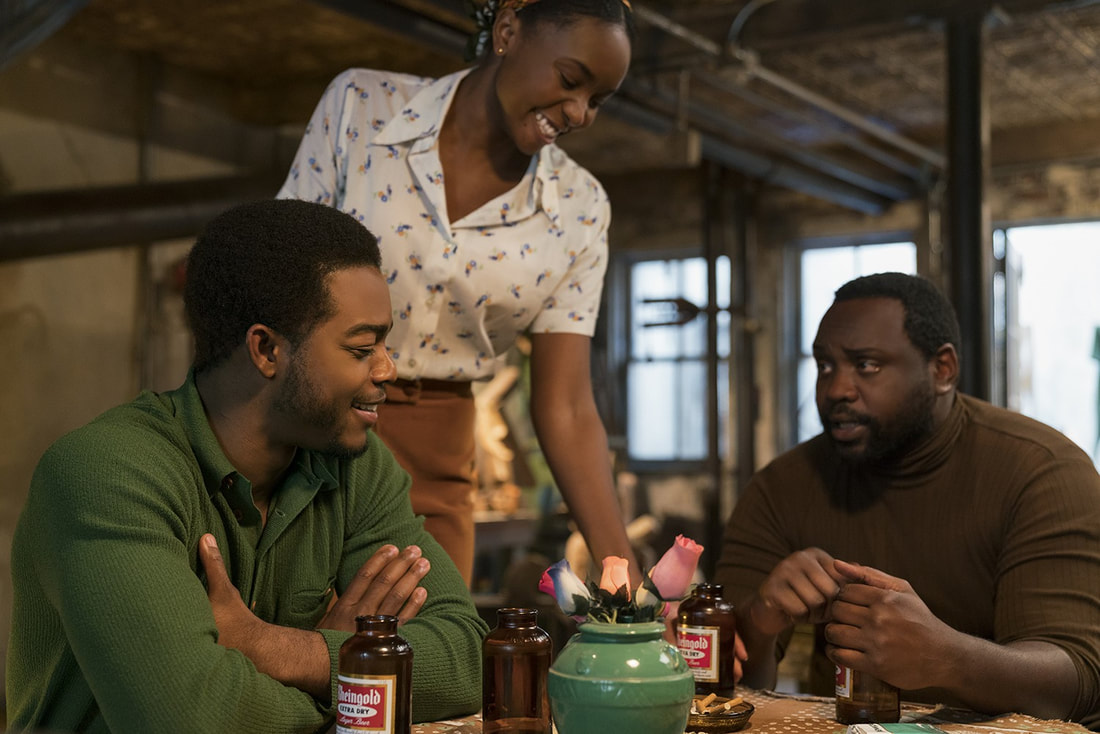
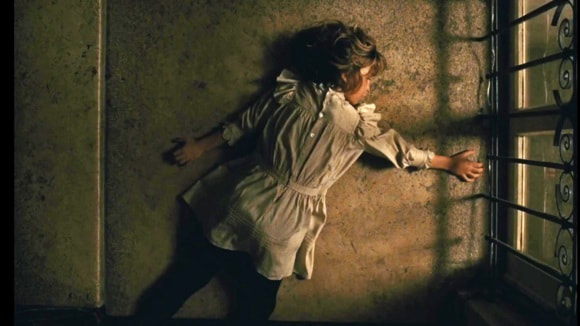
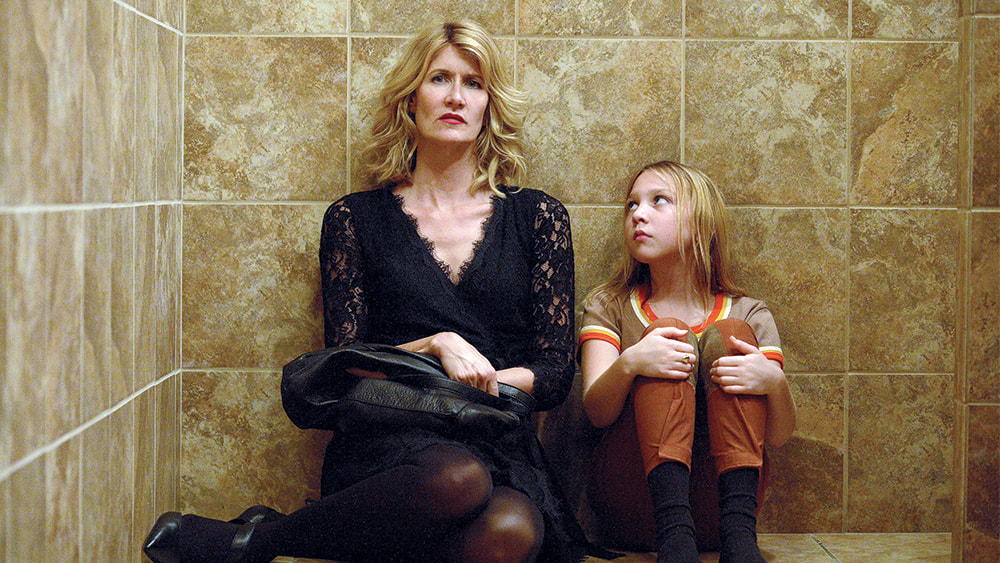
 RSS Feed
RSS Feed